Incompatible Garden Plants: Learn About Plants That Don't Like Each Other
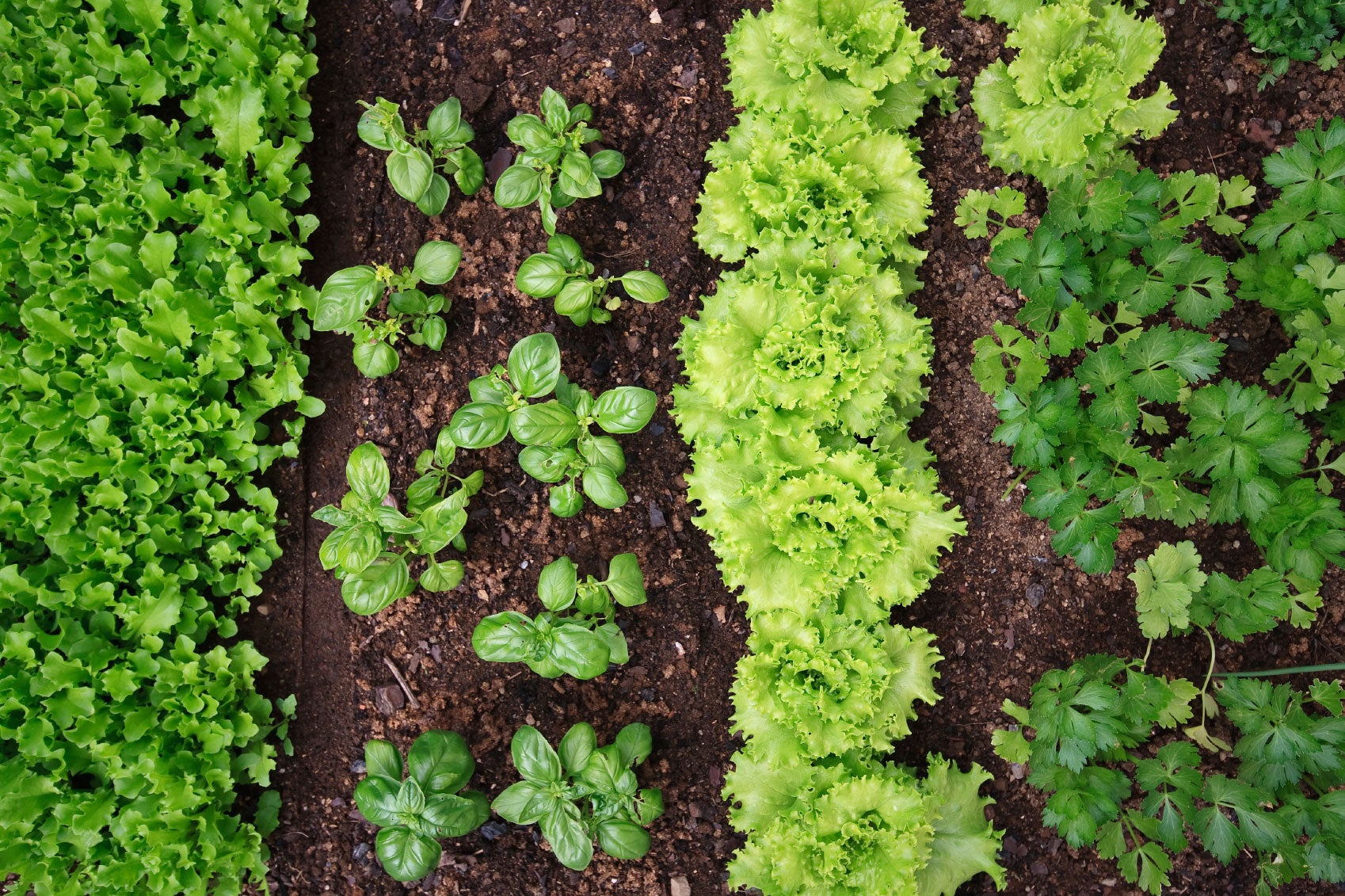
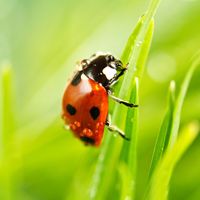
Gardeners do all they can to keep their plants happy and healthy, but sometimes, no matter what you do, certain plants just don't go together. Plants that don't like each other may be responding to different environmental needs, could be in direct competition with one another for major resources or one may attract insects that severely harm the other. Determining plant incompatibility can be a guess and check situation since soil types also have an influence on what plants should not be planted together.
Incompatible Garden Plants
There are a few basic rules of thumb when it comes to plants to avoid near one another. First, check that your garden plants are all about the same size and have the same light requirements. Planting very tall plants like tomato next to bush beans, for example, is a very bad idea since the tomatoes will very likely shade out the beans.
When planting taller and shorter plants together, make sure that the shorter plants are spaced far enough away and oriented so the sun will shine on them during the day. Many gardeners solve this problem by putting the shortest plants in their own row on the edge of the garden, or plant them as a border planting.
Plants that need a lot of water will cause those water haters nearby a great deal of discomfort; the same goes for fertilizer. It's always a good idea to plant things with similar nutritional and water needs together, unless they're fiercely competitive. Even then, you can often compensate by spacing them extra wide and providing enough fertilizer and water for both types of plants.
Last but not least are the plants that are allelopathic. Allelopathic plants have the capability to chemically impede the vital systems of competing plants. These plants are usually weeds, but many landscape and crop plants have been observed leaving behind allelopathic chemicals. Plant scientists are using these observations to develop better methods of weed control for farms and gardens alike.
What Plants Should Not Be Planted Together?
Many plants are believed to have allelopathic behaviors, but many remain in the realm of garden lore and lack substantial scientific documentation. Research in this area is sparse, but the list of plants believed to have allelopathic properties include:
Black walnuts have long been known to interfere with garden plants like tomatoes, eggplants, and corn. When planting broccoli in your garden, make sure that you practice good crop rotation since broccoli can leave behind residue that other cruciferous crops can't tolerate.
Gardening tips, videos, info and more delivered right to your inbox!
Sign up for the Gardening Know How newsletter today and receive a free copy of our e-book "How to Grow Delicious Tomatoes".
Some plants, like alfalfa, seem to exhibit a remarkable type of allelopathy that interferes with the germination of their own seeds. Garlic and onions are believed to interfere with the growth of beans and peas, but seem to be compatible with most other garden denizens. Other commonly believed plant incompatibilities include the following plants to avoid near one another:
- Mint and onions where asparagus is growing
- Pole beans and mustard near beets
- Anise and dill neighboring carrots
- Cucumber, pumpkin, radish, sunflower, squash, or tomatoes close to potato hills
- Any member of the cabbage family near strawberries
- Cabbage, cauliflower, corn, dill, and potatoes near tomatoes
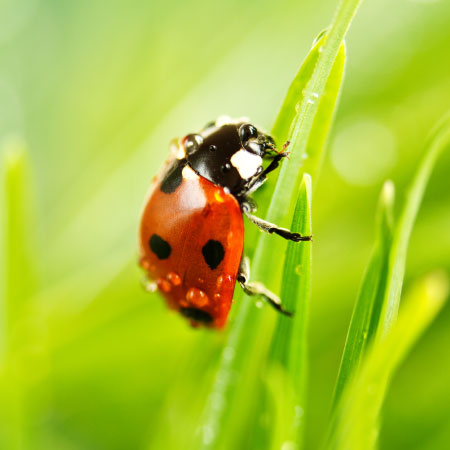
Kristi Waterworth was a regular contributor to Gardening Know How for many years, answering countless queries on plant pests and diseases.
-
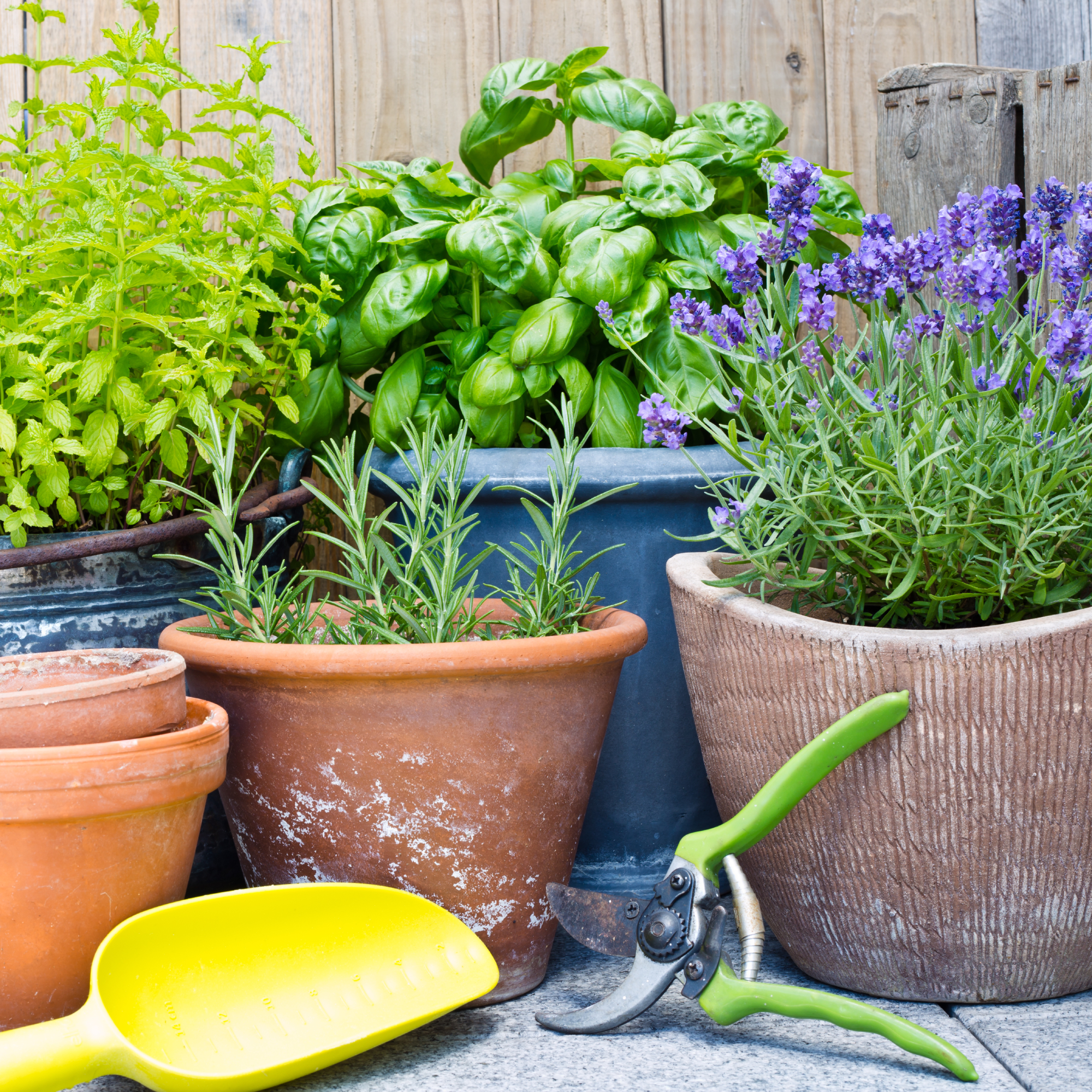 Keep Your Patio Pest-Free This Summer With These 5 Potted Plants That Repel Mosquitoes
Keep Your Patio Pest-Free This Summer With These 5 Potted Plants That Repel MosquitoesTell biting insects to buzz off with these five potted plants that repel mosquitoes! Plus, one plant mosquitoes love that you should avoid at all costs.
-
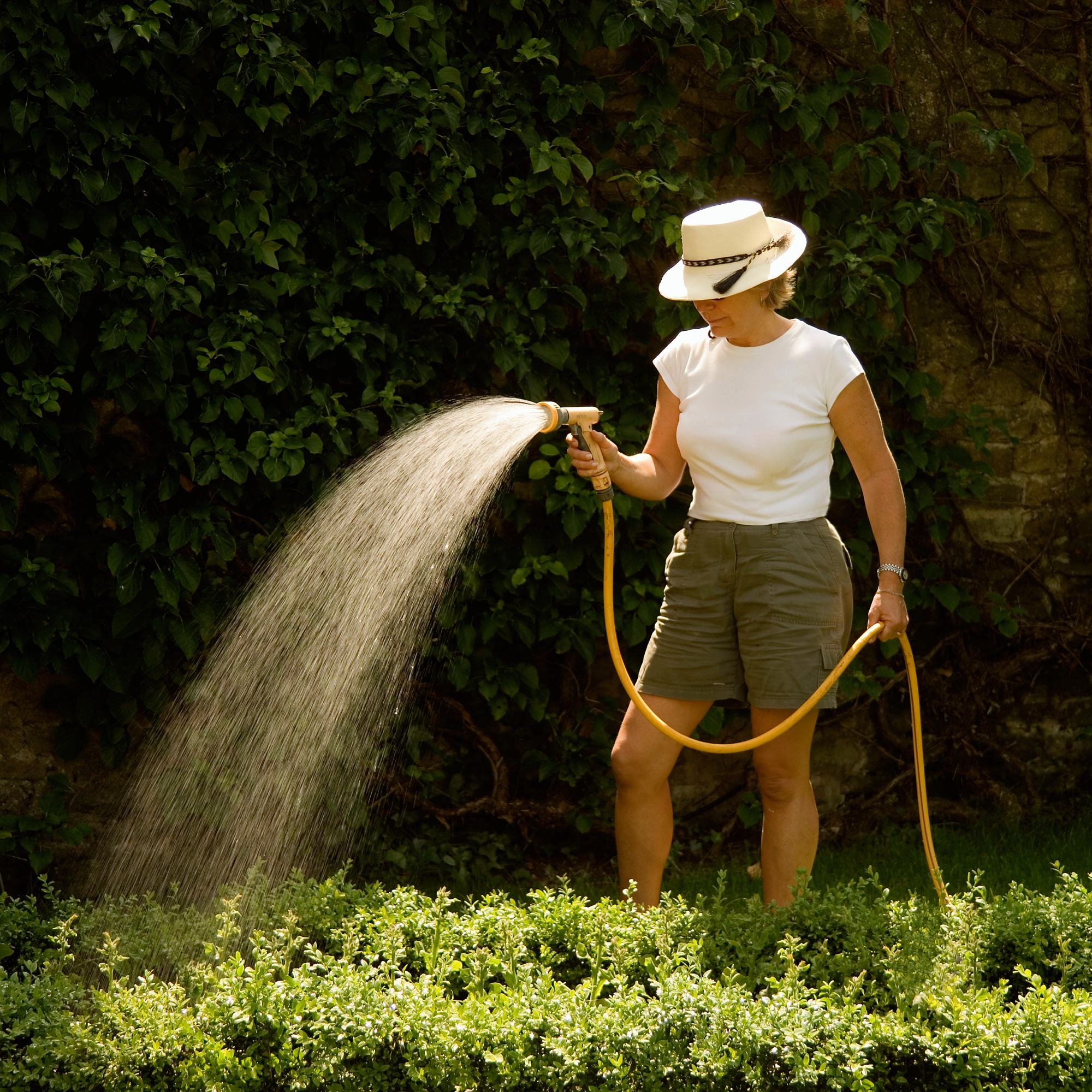 When Is The Best Time To Water Plants? Expert Guide To Keep Plants Happy Even In The Heat
When Is The Best Time To Water Plants? Expert Guide To Keep Plants Happy Even In The HeatProper watering can make or break your garden. Learn the best time to water plants so your garden can be healthy all summer long.
-
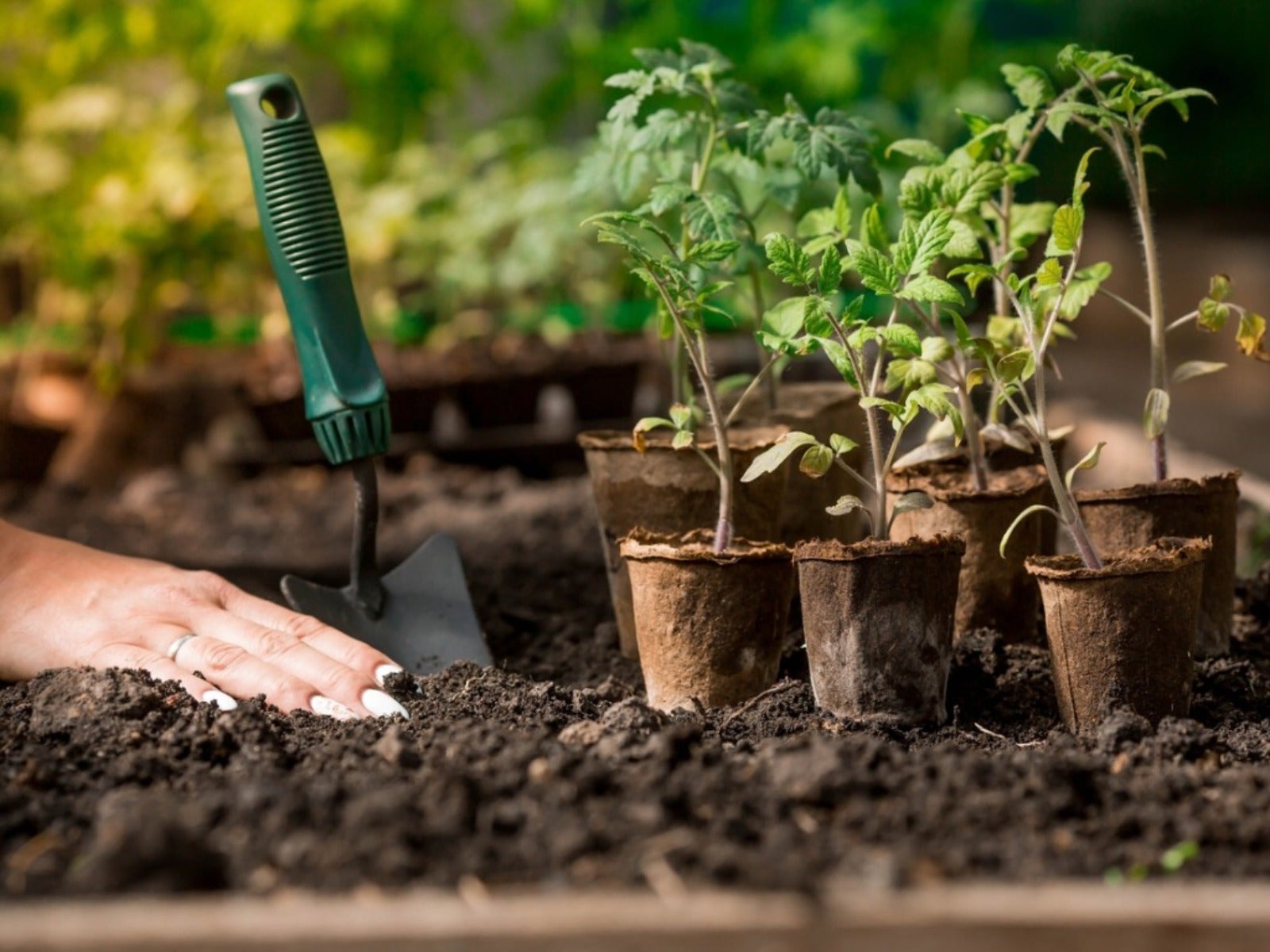 How Many Vegetables To Plant Per Person For A Year
How Many Vegetables To Plant Per Person For A YearGauging how much to plant in a vegetable garden can eliminate waste while still producing enough for your family. Click for more.
-
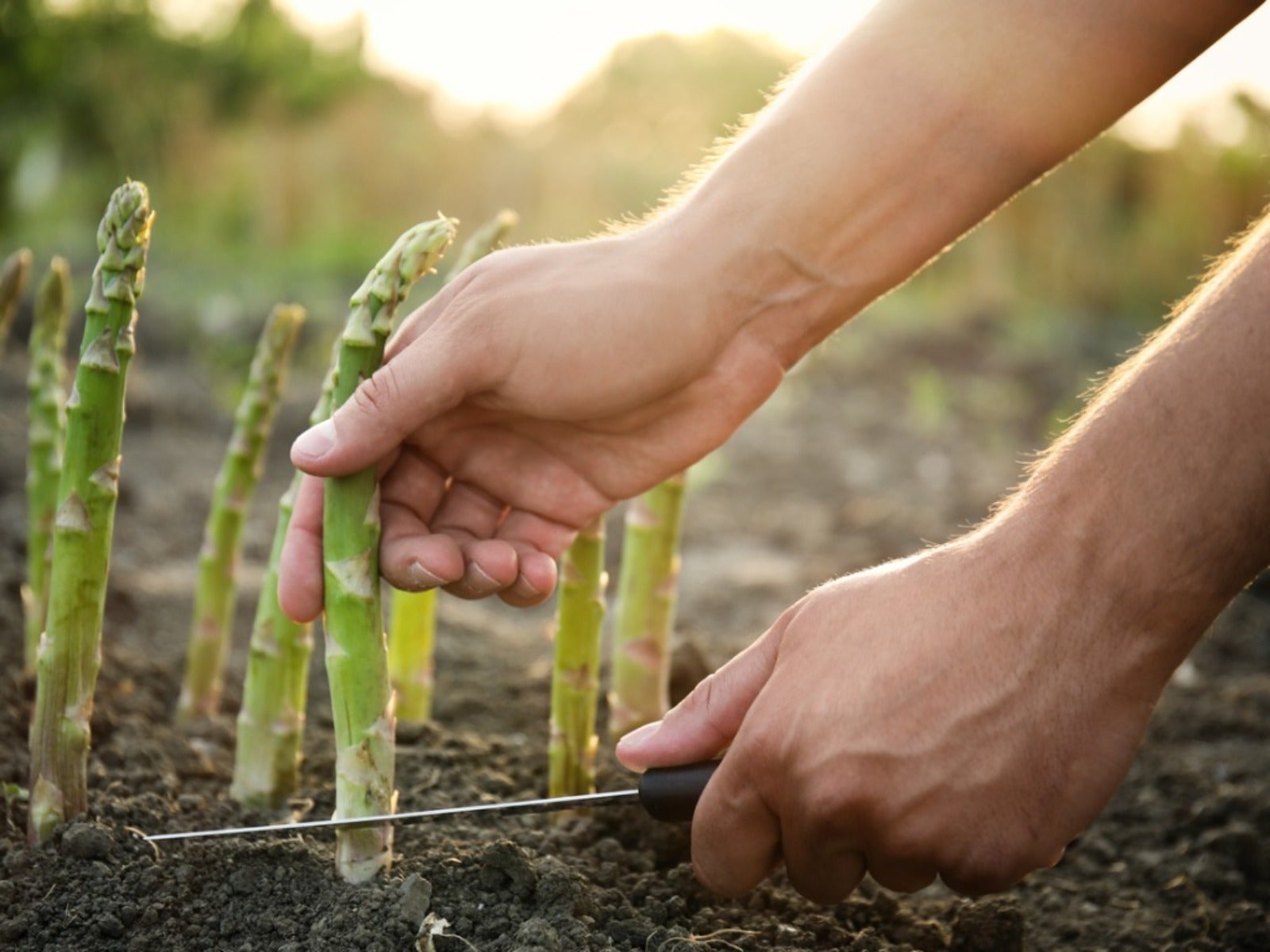 13 Perennial Fruits And Vegetables You Only Have To Plant Once
13 Perennial Fruits And Vegetables You Only Have To Plant OnceLooking to set it and forget it? Find out which fruits and vegetables can be grown as perennials.
-
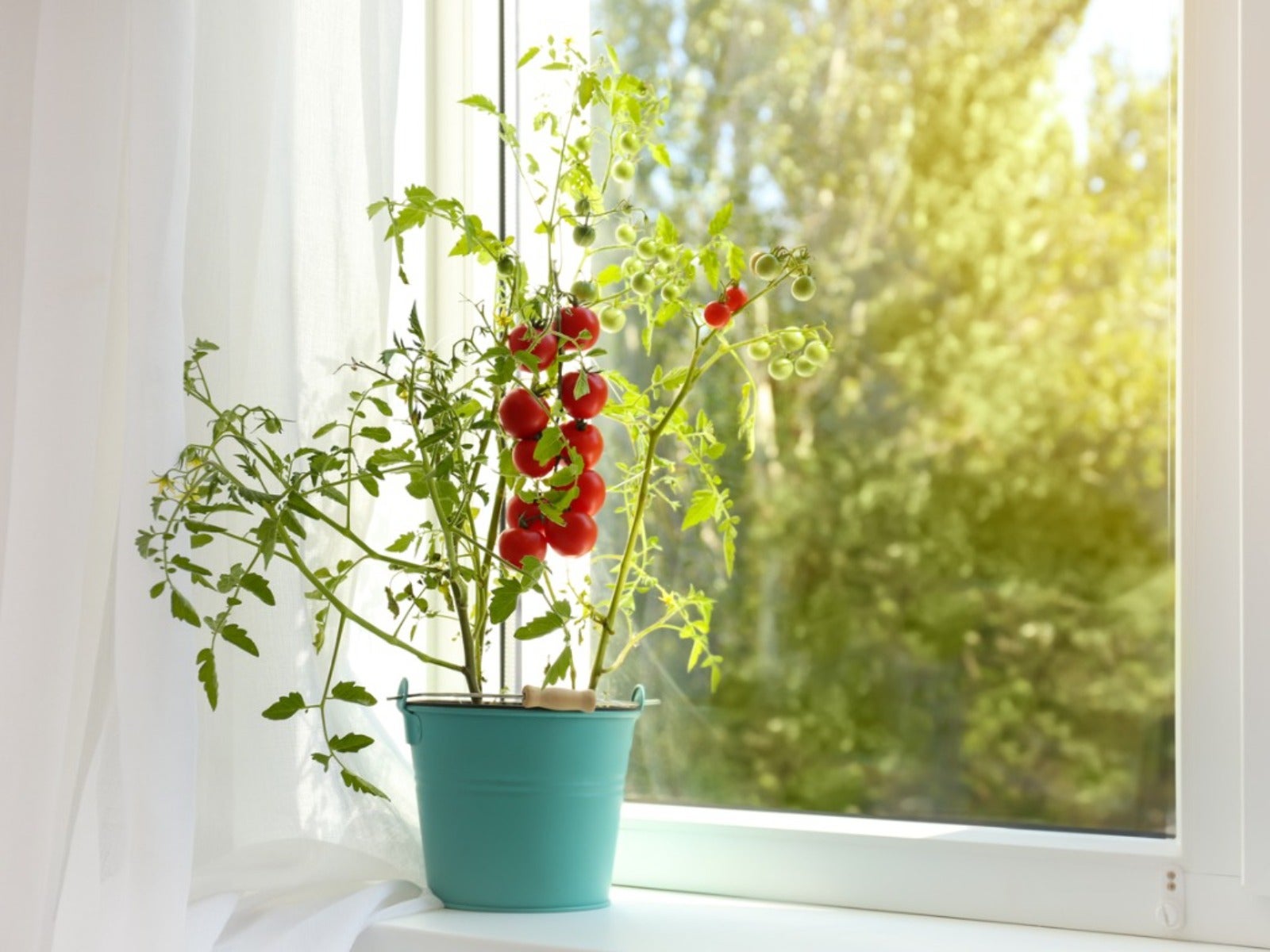 11 Edible Plants For A Year-Round Garden In A Bucket
11 Edible Plants For A Year-Round Garden In A BucketWant to know how to grow food inside your house and which foods do best indoors? Click here to learn all about it.
-
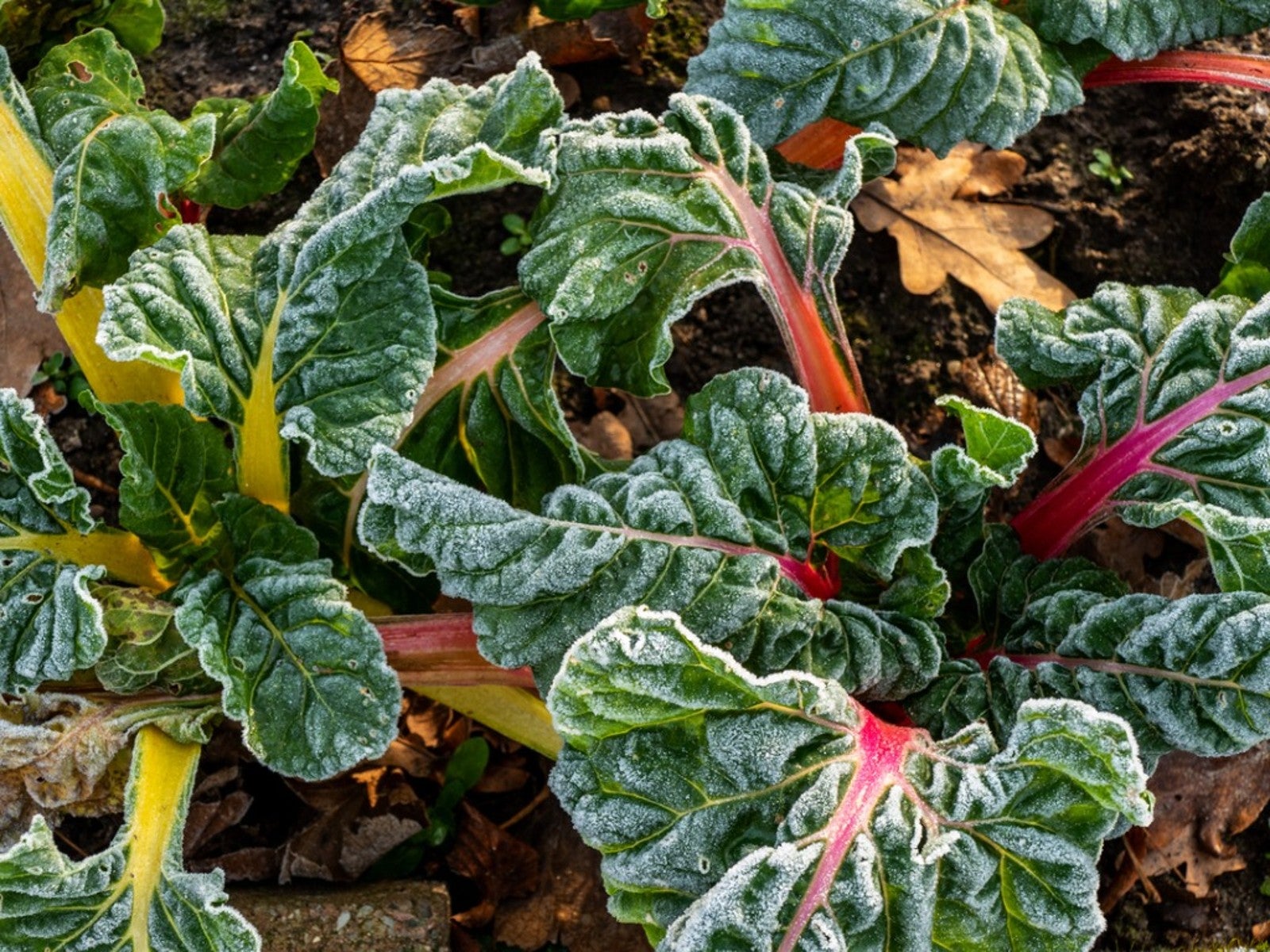 Frost Tolerance Of Vegetables From Least To Most Hardy
Frost Tolerance Of Vegetables From Least To Most HardyHow cold can vegetables tolerate? Knowing which veggies will survive frosts and freezes is essential for the success of your garden. Click here for more.
-
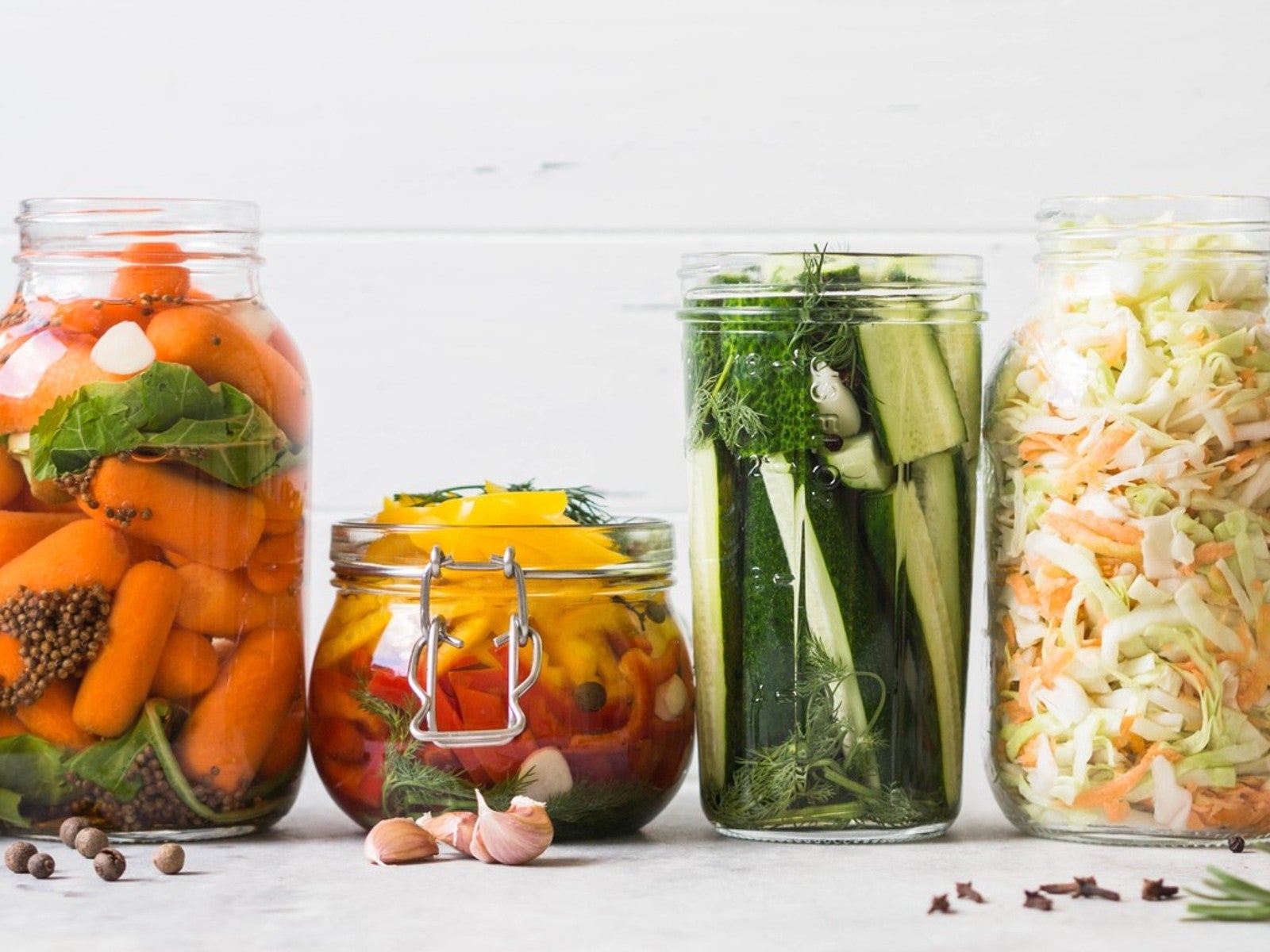 Best Vegetables To Pickle Straight From The Garden
Best Vegetables To Pickle Straight From The GardenPickles aren’t limited to just cucumbers. Read on for tips on pickling your fresh veggies.
-
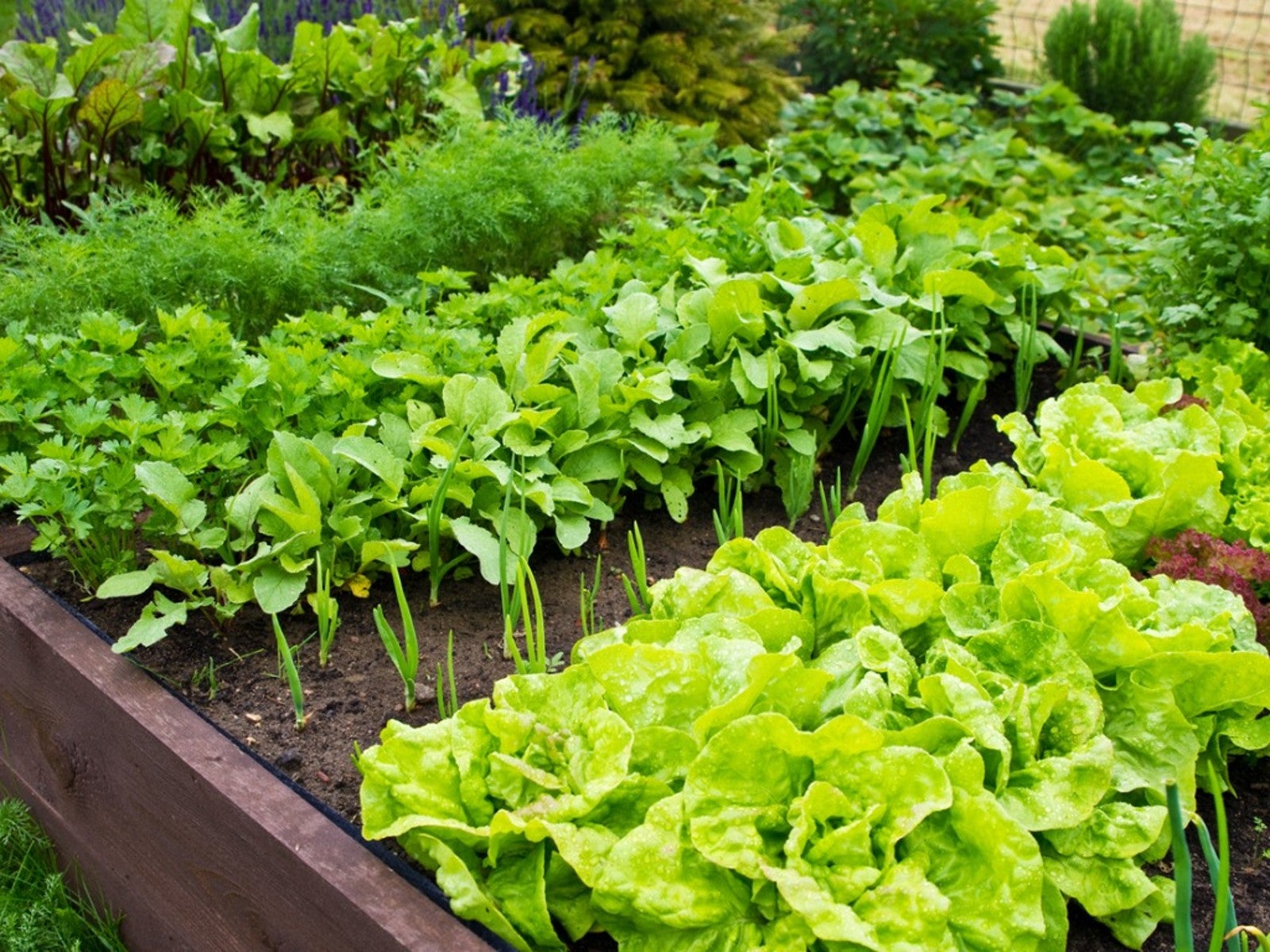 Benefits Of Planting In Fall Vs. Spring Vegetable Plots
Benefits Of Planting In Fall Vs. Spring Vegetable PlotsLearn why some vegetables do better if you plant them in fall instead of spring.
-
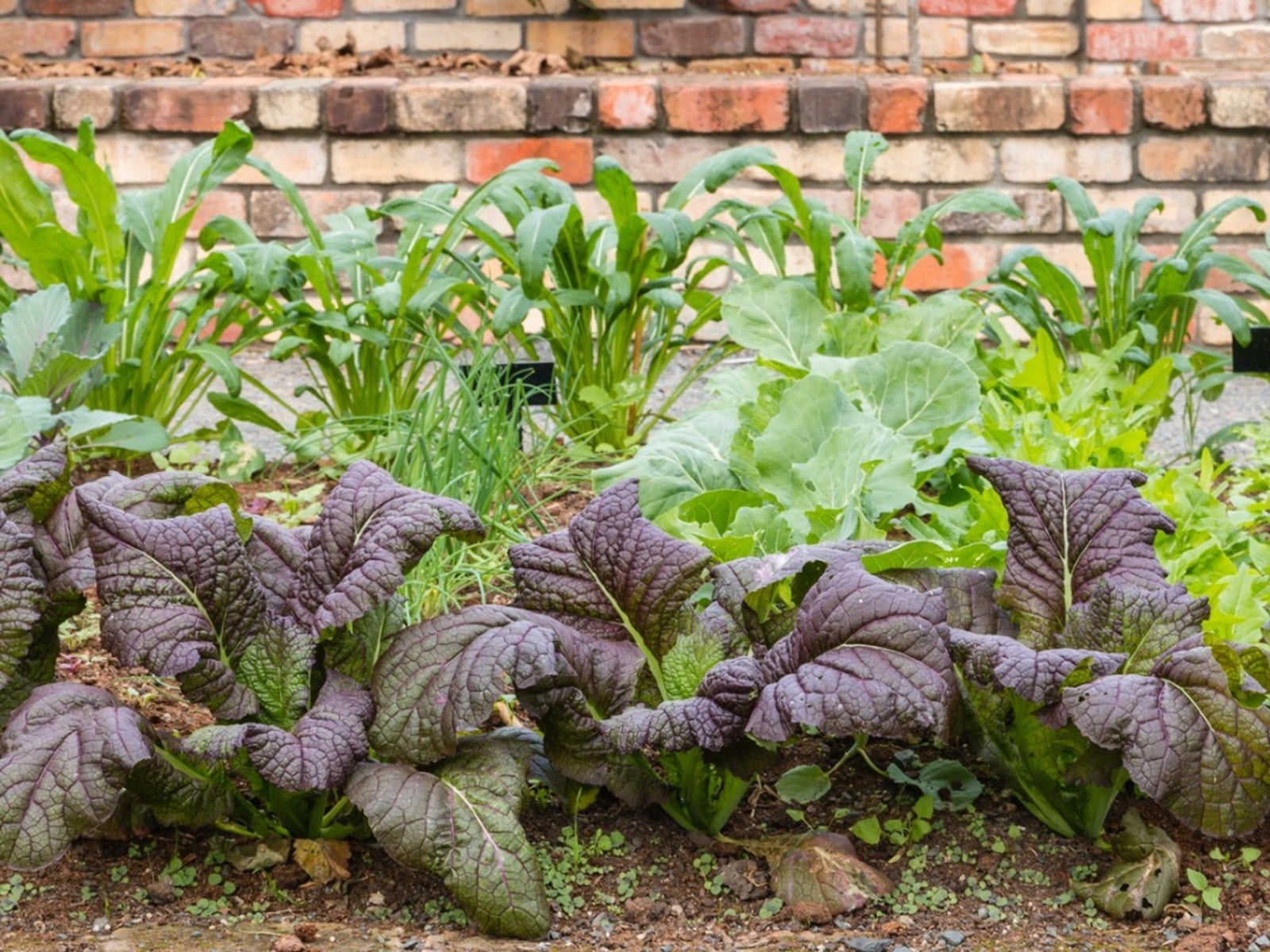 Interplanting Vegetables In The Fall Garden
Interplanting Vegetables In The Fall GardenLearn all about the benefits of interplanting vegetables for your fall garden.
-
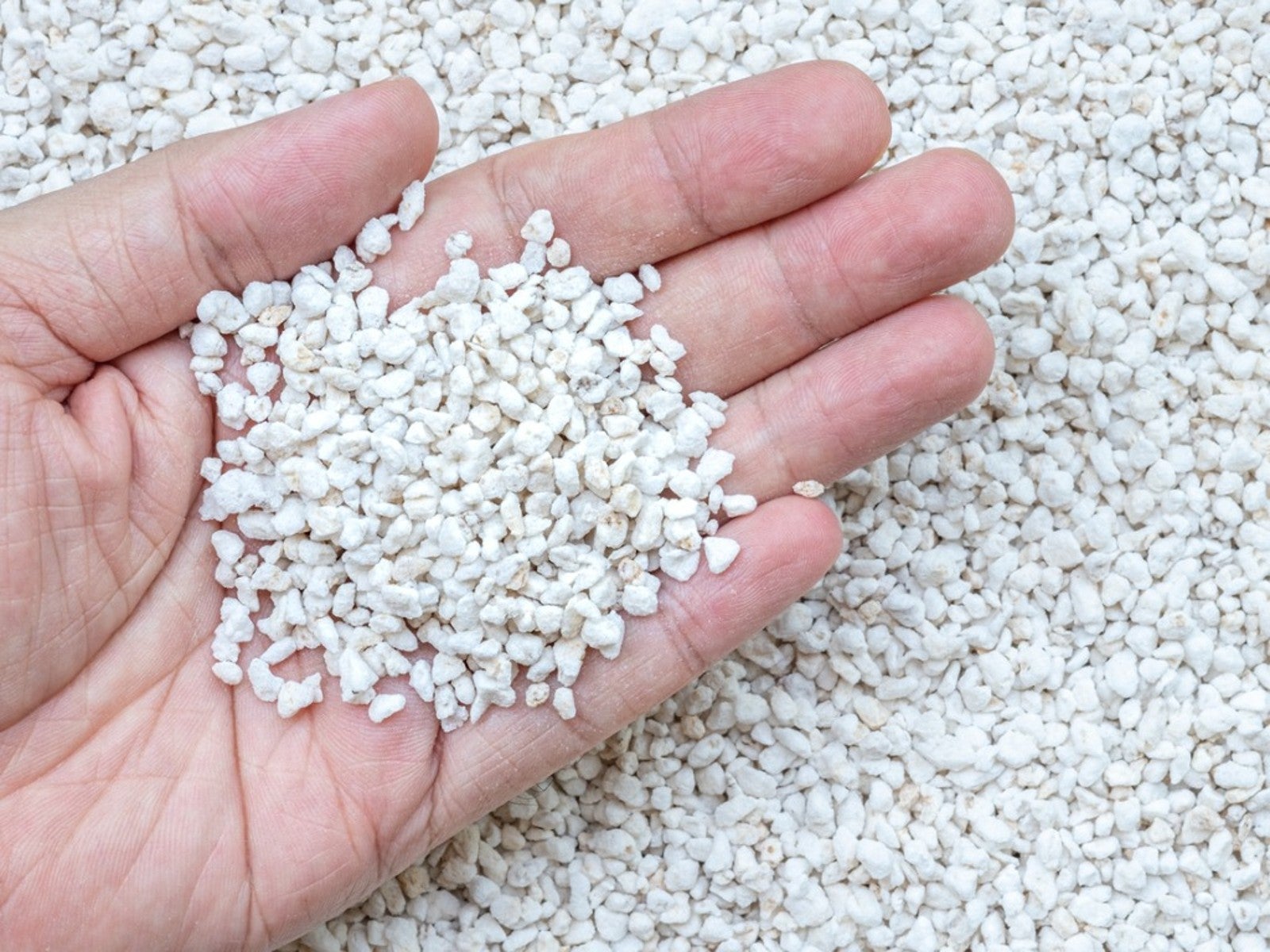 Best Vegetables For Growing In Perlite
Best Vegetables For Growing In PerlitePerlite is a natural growing medium that comes from super-heated volcanic glass. In some cases, it works better than soil. Read on for more info.